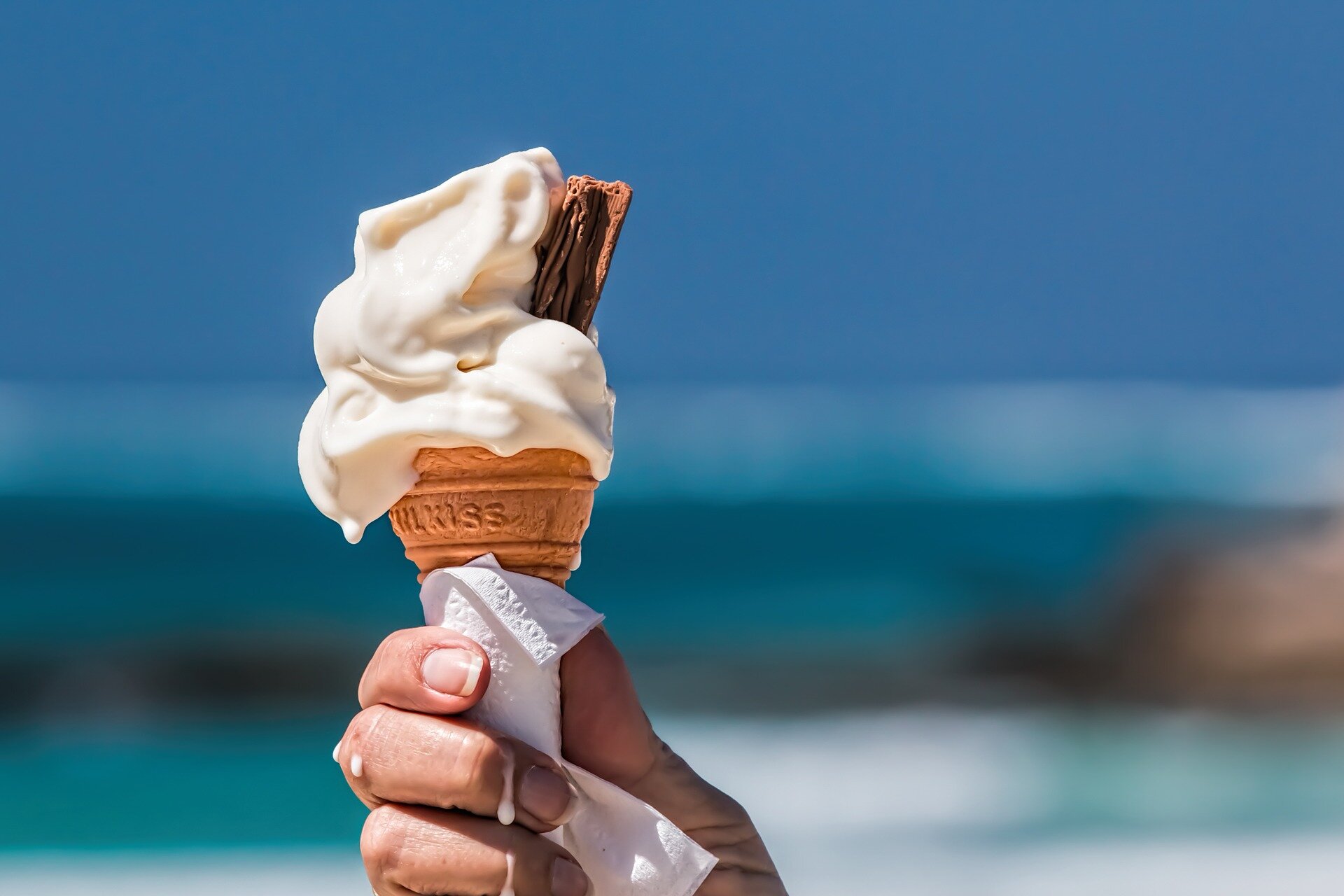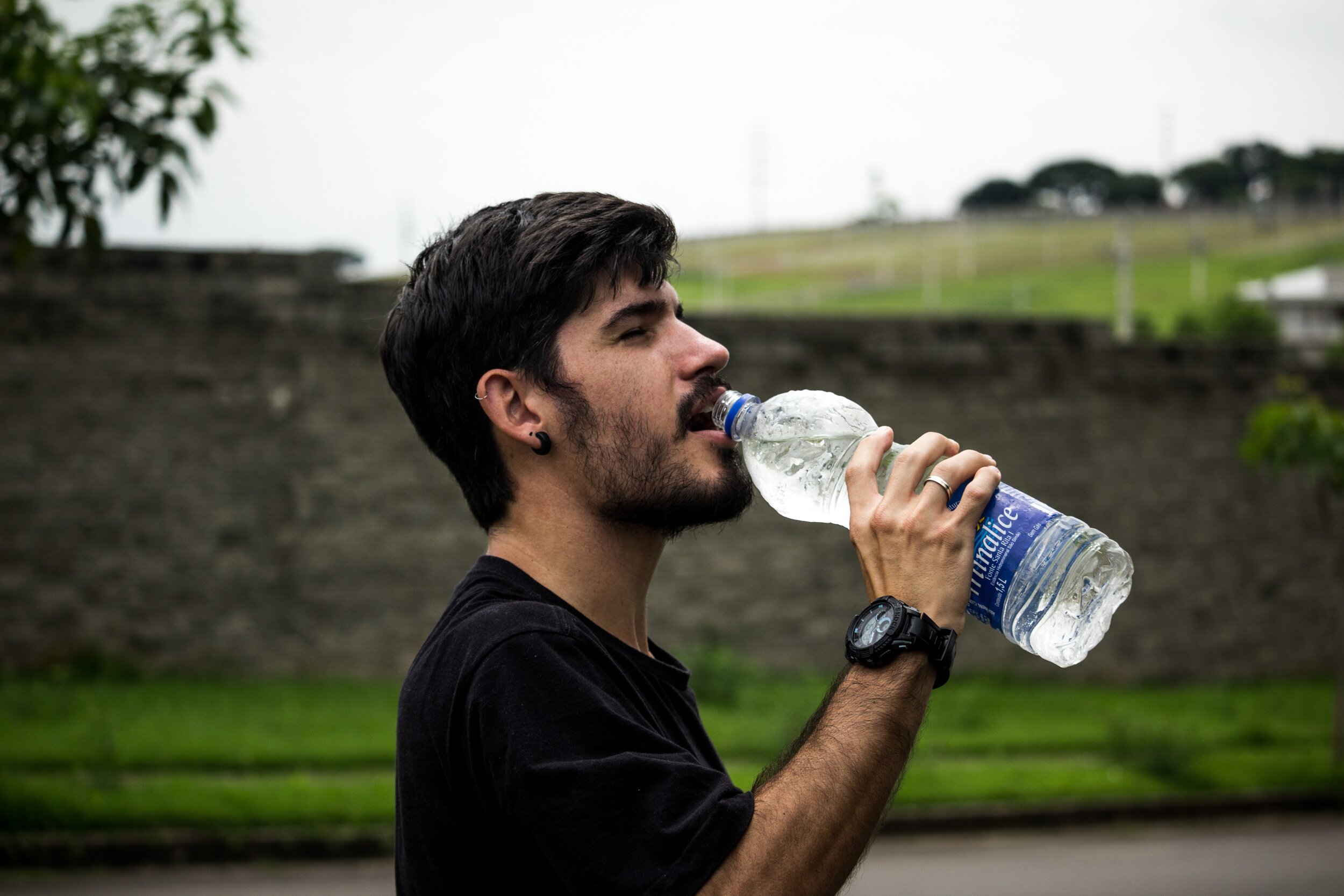How To Handle A Heatwave
As temperatures continue to soar in England and Wales, there seems to be no letting up anytime soon.
On Sunday, both England and Wales recorded the hottest day of the year, surpassing that of Saturday, where temperatures reached 30.3°C (Derbyshire) and 29.6°C (Usk, Monmouthshire).
The record breaking temperatures of 31.6°C in Heathrow and 30.2°C in Cardiff on Sunday left U.K residents swarming to the beaches and the Met Office issuing its first ever “Amber extreme heat warning”. Forecasters further predict that temperatures are set to remain, and possibly even increase throughout the week. If there was ever a time to take time off and head to the beach – this would be it!
Most regions affected
Northern Ireland recorded its hottest day ever, with an astounding 31.2°C on Saturday. The hottest temperature recorded before this was on the 30th June 1976 and then again on the 12th July 1983 with the temperature reaching 30.8°C on these days.
Meteorologists and the Met Office indicate that parts of the Midlands and areas down towards South-west England (and potentially London as well) could still reach temperatures of around 32°C, they are all going to possibly see the highest temperatures in history in the days or week to come.
Ways to keep safe in extreme heat conditions
Whilst the Met Office and Public Health England are working to ensure that people stay safe in these hot conditions, here are a few other tips and tricks to keep you feeling refreshed.
Utilise cooling aids
When under extreme heat conditions, try finding buildings with air conditioning. Do not rely on a fan as your primary cooling device. Alternatively, you could even cover your windows and doors with drapes or shades to prevent the sun from glaring in on your indoor spaces. You could also use a window reflector such as aluminium foil-covered cardboard to reflect the heat back outside.
Avoid strenuous activities
When facing days of extreme heat, it is best to give the gym, or your daily run a skip. Otherwise, try to schedule these activities for when it’s coolest, such as in the early morning or evening. Try to rest often, and particularly in shady areas so that your body has a chance to recover. If doing any form of activity makes your heart pound, and you seem to be gasping for breath, it’s best to halt all activity immediately.
Wear lighter clothing
Not only does the colour help, as black tends to attract and retain heat, but wearing light-weight, light coloured and loose fitting clothing will definitely help. Try to pick items made of natural fibres such as cotton and linen, as these “breathe” more, allowing for better ventilation. Also try to cover as much of your skin as possible to ward off the suns radiation and keep a wide brimmed hat handy in order to protect your head, neck and shoulders from the suns rays.
Remember to put on sunscreen
Sunburn can affect your ability to cool down and can actually make you dehydrated. Wearing a sunscreen with a higher SPF factor will protect you better. Just remember to re-apply as often as possible.
Drink plenty of fluids
Regardless of how hot it is, or how active you are, do not wait until you are thirsty to drink fluids during a heatwave. Try to stay away from sugary or alcoholic drinks as these actually cause you to lose more bodily fluids. Also, try your best to avoid drinking very cold drinks, as these can cause stomach cramps. Heaving sweating removes salt and minerals from the body that need to be replaced. Certain sports drinks can replenish these vital elements that you loose from sweating.
Even when taking precautions, our bodies can react in different ways to extreme heat. Always remain vigilant and look out for signs of heat cramps, heat exhaustion and heat stroke. If you suspect that you are suffering from any of these, especially if you have been following the tips above, seek urgent medical attention.
Otherwise, catch a tan, have some fun in the sun and be safe.
























